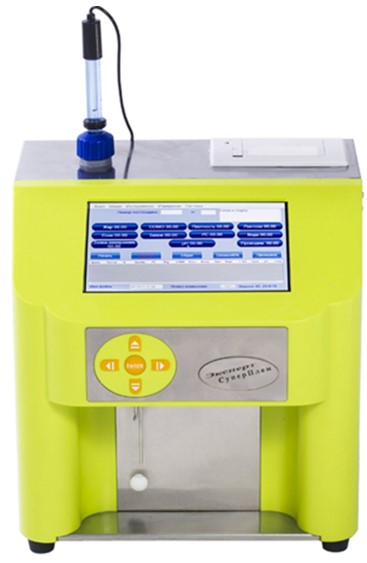An experiment to enrich products with iodine will be held in Russia

For the next four years, an experiment is planned in Russia to enrich foodstuffs with iodine in iodine-deficient regions. Novosibirsk, Omsk, Irkutsk, Arkhangelsk, Tyumen, Amur, Ulyanovsk, Kirov regions, Altai Territory, Altai, Khakassia, Tatarstan, Mordovia, as well as the Nenets Autonomous Okrug will take part in it. A draft law on this was developed by Rospotrebnadzor.
It is planned that from September 1, in these regions, in addition to iodized salt, products enriched with iodine will appear on store shelves: milk , bread, flour, pasta, seasonings, as well as livestock and poultry products. They will also be used for cooking in hospitals, kindergartens, schools, sanatoriums. At the same time, explanatory work will begin with the population about the need to fill the physiological need for a vital trace element.
The fact is that in some regions iodine deficiency is observed in 98% of the population, Rospotrebnadzor notes, and according to the Hemotest laboratory, two out of three Russians have deviations in the content of this microelement in the body. Especially because of its lack, residents of mountainous and foothill regions (the North Caucasus, Altai, the Siberian Plateau, the Far East) suffer. This is due to climatic features and the composition of drinking water, moreover, in recent years, the consumption of sea fish and seafood rich in iodine has decreased by 3-4 times.
According to the National Research Center of Endocrinology, iodine deficiency leads to serious consequences: annually, more than 1.5 million adults and 650 thousand children with thyroid diseases need specialized care. Rospotrebnadzor believes that the prevention of diseases caused by iodine deficiency would cost the state five times cheaper. For example, the treatment of one case of thyroid cancer caused by iodine deficiency costs from 100,000 to tens of millions of rubles. In terms of the number of cases, the costs amount to 6.5 billion rubles.
The consequences of iodine deficiency states are stillbirths, spontaneous abortions, mental and physical retardation of children, against the background of a lack of this trace element, the body's immunity is significantly reduced, diseases of the nervous and cardiovascular systems, and metabolic diseases develop. At the same time, iodine deficiency can develop for a long time without bright external manifestations.
At a meeting on the development of agro-industrial and fisheries complexes, Putin named the main priorities in the agro-industrial complex
The average consumption of iodine by a resident of Russia is 40-80 mcg per day, with a physiological need of 150-250 mcg.




























































